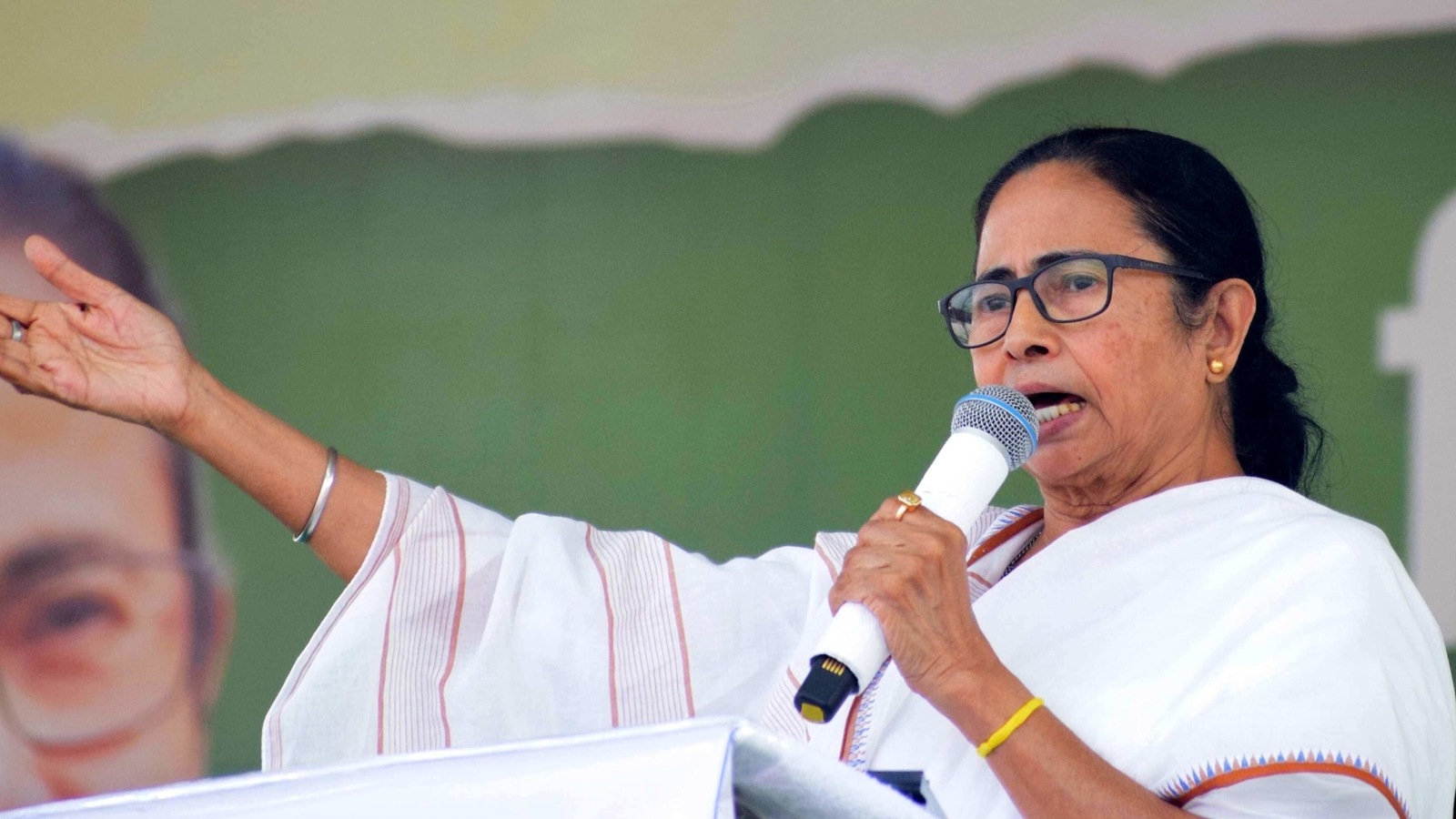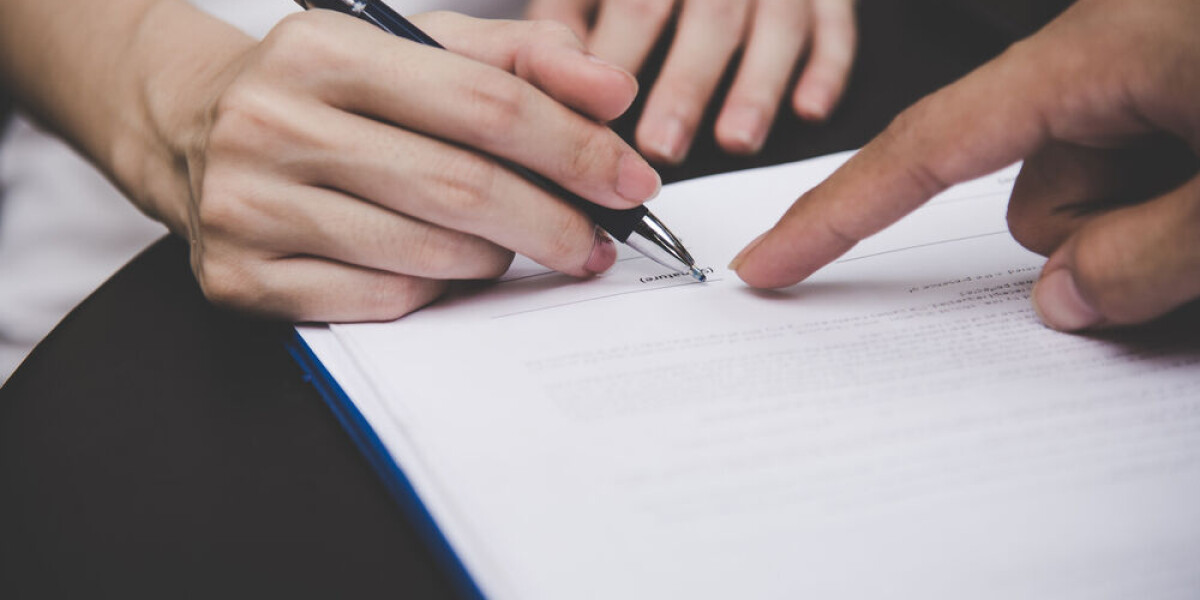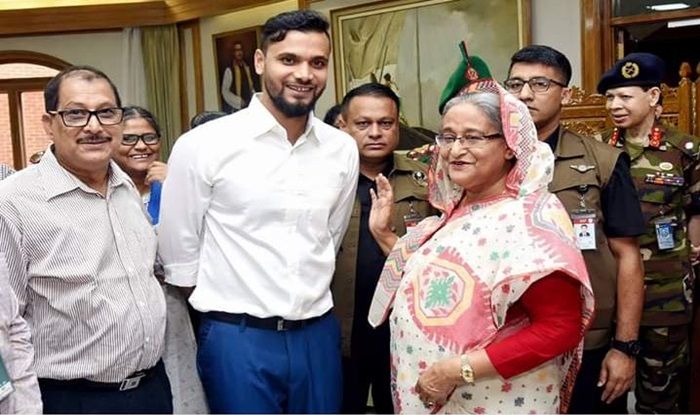
- Select a language for the TTS:
- UK English Female
- UK English Male
- US English Female
- US English Male
- Australian Female
- Australian Male
- Language selected: (auto detect) - EN
Play all audios:
Coronavirus has put our whole society to the test, but nobody more than the media. For better or worse, the task of scrutinising the Government’s response to the pandemic and holding
ministers to account has fallen largely to journalists. Press, broadcasters and social media are meant to voice our hopes and fears — but also to find out what is really going on. How well
have the media performed? The daily news conference from Downing Street has shone an unforgiving light, not only on the principal actors, ministerial and scientific, but also on the
journalists who play cameo roles, initially against the panelled backdrop of No 10, but for many days now remotely via video link. The contrast between those conducting the conference, who
appear smart in both the British and American senses of the word, and the fuzzy images of scruffy hacks at home, is bound to be unflattering to the latter. The odds are stacked in favour of
the politicians and officials. Less forgivable is the low standard of questions. The verbosity and lack of precision of the interrogators is as infuriating for the public as it is confusing
for those being interrogated. The queries are too obviously prepared in advance, seldom picking up on new information that has just been given. Instead of spontaneity and journalistic
acumen, we often see a “gotcha” mentality that focuses less on eliciting new facts than on the blame game. Even worse is the virtue signalling and showing off by amateur epidemiologists. A
widely shared exchange between Robert Peston — one of the worst offenders in the loquacity stakes — and the Deputy Chief Medical Officer for England Jonathan Van-Tam (known as “JVT”), in
which the latter demonstrated the limitations of the ITV journalist’s grasp of the different functions of antibody and antigen tests. Oblivious of the damage that he might have done by
misleading the public, Peston later complained publicly about the vehemence with which this eminent scientist corrected him — though in fact JVT was scrupulously polite. Long-winded, pompous
questions are also easier for politicians to avoid answering. Only occasionally do the journalists ask short, sharp questions that demand a straight answer. A case in point came at Monday’s
press conference, when the _Telegraph_’s Anna Mikhailova asked Dominic Raab when he had last spoken to the Prime Minister. The First Secretary of State had no choice but to admit that they
had last spoken on Saturday, two days before. This was a vital new piece of information that should have led to a flurry of follow-up questions from other reporters. Just over an hour later,
Boris Johnson was moved into intensive care at St Thomas’s — the biggest story since the pandemic began. If the press has sometimes lacked news sense, what about the commentary? On
Wednesday evening, _Newsnight_’s Emily Maitlis grabbed the limelight with her opening remarks. The BBC presenter castigated ministers for suggesting that Boris Johnson was a “fighter” and
that his recovery depended on his character. She then denounced the notion (also a ministerial favourite) that Covid-19 was no respecter of status and affected everyone equally. No, she
insisted: the frontline workers, who were also among the lowest paid, were far more at risk. She concluded her diatribe by declaring that post-pandemic Britain would need a new “social
settlement” to “stop inequality becoming even more stark”. Emily Maitlis may or may not be right to draw an implicit parallel between the present war against the “invisible enemy” and the
Second World War. The latter was, of course, followed by a Labour landslide, a programme of mass nationalisation (including the creation of the NHS) and a huge expansion in the welfare
state. She is surely not the only Left-leaning BBC journalist to use the crisis as an excuse to put her own politics on display. Yet the platform provided by our national broadcaster is not
supposed to be exploited for the purpose of grandstanding. We expect the BBC and indeed other media corporations to preserve at least a semblance of impartiality in the midst of a national
crisis. It is not the job of the media to redress the balance between Government and Opposition, least of all at a time like this. The best thing journalists can do in a pandemic is to try
to follow the evidence. The nation will thank us for sticking to the facts — not for airing our prejudices.







